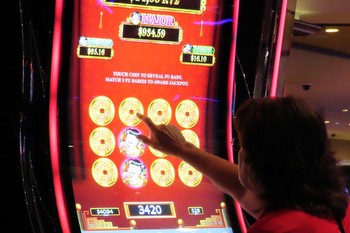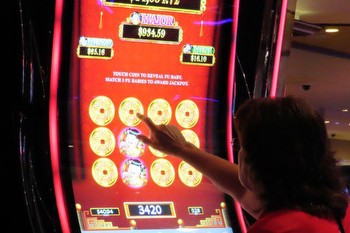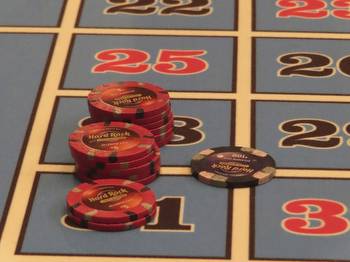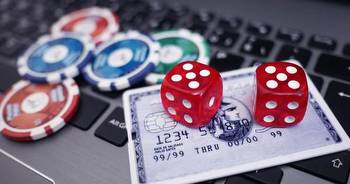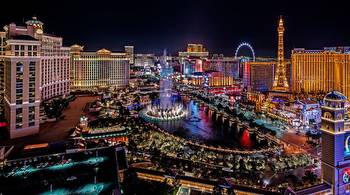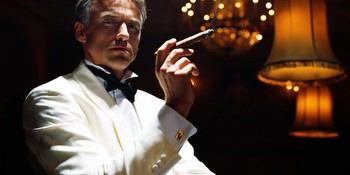On Consumerism: Gambling has gotten too easy
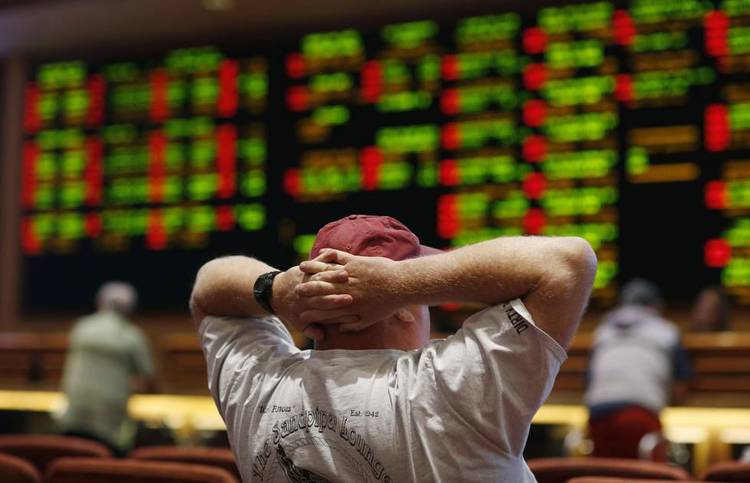
Internet gambling set a new monthly record in July 2021 for the state of New Jersey.
New Jersey, as in Atlantic City. Used to be you had to go there in person to gamble. Now you can stay home and gamble via the internet.
Which means card dealers, croupiers, waiters and waitresses, hotel staff, parking attendants, nearby shopkeepers, and countless others have been cut out of the gambling equation. How can they perform their jobs if their patrons gamble from home?
Some people call this progress. They’ll applaud any electronic innovation.
But I have my doubts as to the benefits of internet gambling. It’s bad for folks working in the gambling industry. It means fewer jobs.
And it’s bad for the gamblers.
Back when you had to show up in person to gamble, it required effort and usually some expense to get yourself to the casinos. But no more. Now you type your credit card or bank account number into your home computer and gamble away in your bathrobe while your spouse and kids go neglected in the next room.
I’ve seen gambling destroy marriages.
I know far too many gamblers who, once started, can’t stop.
This is a case where our technology has made things so efficient that it is failing us.
I’ve done some gambling myself. But always in person. The missus and I went to Las Vegas for a convention in 2003. While there, in the casinos I won back the plane fare. In the late 1980s a cousin got married in Lake Tahoe, Nevada. They had casinos too. My winnings covered the hotel stay.
When the Atlantic City casinos were relatively new, my father often drove there with his sons. We’d enter, then split up. Dad went straight to the dice table, where the waitresses brought him free glasses of scotch. My brother went straight to the blackjack tables, where the waitresses brought him free glasses of vodka. I always went straight to the roulette wheels and enjoyed a complimentary brandy. (One was my self-imposed limit.)
To each his own, both choice of game and choice of liquor.
A few years earlier, when I was 13 or 14, I would tag along with my father to the state’s unemployment office. He had to wait on a long line to receive each unemployment check, and plead in person that he’d made an earnest effort to find work. Nowadays you just stay home and the money comes to you whether you sought work or not.
After visiting the unemployment office, we sometimes went down the street to a business called OTB. Which stands for Off-Track Betting. Though private gambling parlors were illegal, OTB was run by the state, letting you bet on horse races throughout the country. The state took a nice chunk of change from the revenue generated.
OTB made it possible for gamblers to bet on races where before they would have to go to the racetrack in person (or to a bookie, whose business was illegal).
One summer weekday at OTB, all the gamblers except my father started shielding their faces. I asked him why they were doing that.
He pointed to an ABC television news crew and explained the Eyewitness News team had decided to drop in to do a feature story and film the proceedings.
“But these people are hiding their faces,” I repeated.
“Sure,” said my father. “Because they’re not supposed to be here. They told their bosses or wives they’d be somewhere else, and if their picture shows up, they’ll be in trouble for lying.”
“And you?” I asked.
“I’m unemployed and divorced, so I didn’t have to lie.”
Thanks to internet gambling, we no longer have to shield our faces from the TV cameras at gambling establishments.
In my youth the National Football League commissioner suspended indefinitely two players for having wagered on NFL games. (The suspensions were lifted after one year.) But now the NFL is facilitating internet gambling on pro football games – for a piece of the action, of course.
My, how the world has changed.
Nearly 40 years ago, for a criminal justice course in college, I wrote a paper that I titled “Let’s De-Criminalize Gambling.”
And so we have. But now, I fear, the pendulum has swung too far.
Outlawing gambling wouldn’t be legal, and wouldn’t work. It would be repeating the mistakes of Prohibition.
No, gambling shouldn’t be illegal. But it shouldn’t be so darned easy.
And the internet has made gambling too darned easy.
Arthur Vidro is one of The Eagle Times’ recurring financial columnists. His “EQMM Goes to College” appeared in the May/June 2021 issue of Ellery Queen’s Mystery Magazine.








